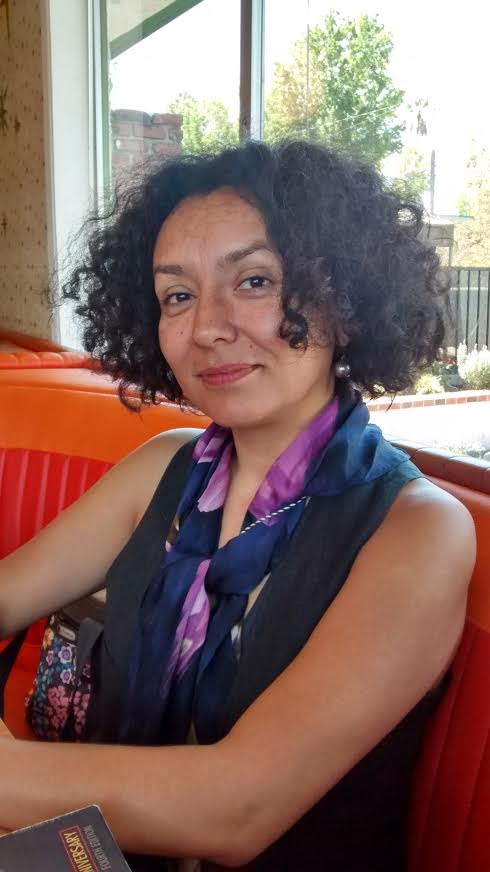Faculty spotlight: Xicana professor supports students drive to further their education
September 30, 2015
Being the first in her family to attend college and receive degrees, Professor Martha Gonzales prides herself on her accomplishments as an Xicana woman and encourages students to not let others steer them away from their passion.
Gonzales attended East Los Angeles College for three years before transferring to UCSC where she double majored in literature and philosophy and then attended UCSD where she received her PhD in literature with an emphasis in cultural studies.
Gonzales has been teaching at CSUSM for two years and is a joint hire belonging to both the Women’s Studies and the Liberal Studies Department, holding the title as Assistant Professor of Women’s Studies/Liberal Studies.
From a national standpoint, Gonzales is considered to be Latina, but identifies as Xicana rather than Latina, explaining that the term Xicana is a play on Chican@ and is short for Mexicana.
“When Xicanas self-consciously adapt this term to speak of our identity, we are in fact first and foremost claiming that we are well aware of ourselves as an indigenous people of the Americas,” said Gonzales.
Growing up, Gonzales recalls experiencing discrimination solely based on being a Mexican-American from East LA.
“I grew up with first hand knowledge of what it is to be discriminated against: having people, even from your own ethnic group, assume they know who you are; being followed around stores when shopping and having to work for a living since I was the age of 11.”
“[It] was tough because of the preconceived notions of who belonged or who had grown up in East LA. For many years–only in the last 10 years has it stopped–whenever I was asked what part of LA I was from, non-East Los Angelenos would gasp or reply with, ‘So you grew up a gang member?’ or ‘Wow, you’re too educated to be from East LA.’”
Fully comprehending the criticism that the Latino community had been receiving fueled Gonzales’ drive to further her education.
“Because I was well aware of the stigma surrounding Chicanos growing up, I have always felt a deep responsibility to the Chicano community.”
But, the discussion to further her education ultimately strained her relationship with her family because she over exceeded their expectations.
“My mother has a third grade education and my father graduated from high school. I’d love to say that both my parents are proud of me, but I cannot.”
“When I decided to pursue my PhD I did it, 50 percent because I wanted to further my studies for myself and the other 50 percent was driven by a commitment to the community I hail from,” said Gonzales.
And in spite of racism, violence and prejudice she experienced, Gonzales is appreciative.
“I’m incredibly grateful to have been born brown in this country. Growing up with the awareness that I have has shaped me into a woman who dare not dismiss the reality of the incredibly racist, classist, woman hating, heteronormative moment we are living in.”
Even though Gonzales has experienced discrimination and challenged her relationship with her family in order to get to where she is today, she still feels strongly that Latinos should strive to do better than simply getting a Bachelor’s degree and exceed the limit.
“To succeed, one has to not only strive to be the best for their self, but one has to also not let how others around you feel about your success, when negative, affect your own drive or sense of accomplishments.”
For those who struggle with family not understanding the purpose of your desire to pursue a degree and career, Gonzales said, “I’m proof it is possible to move away and become your own woman, that one can succeed on one’s own and I encourage you to find a way to make it.”


